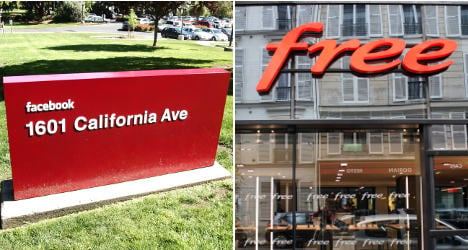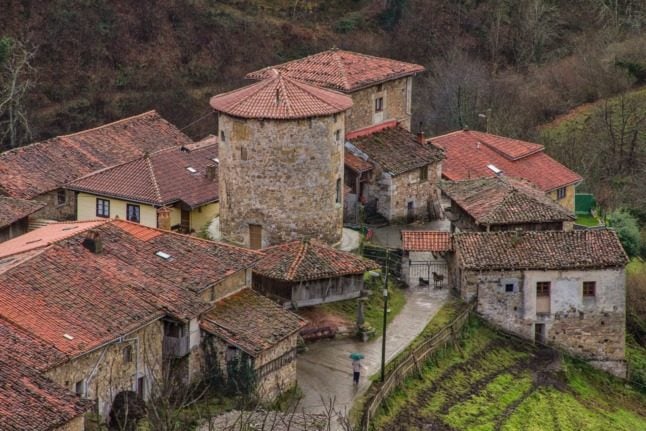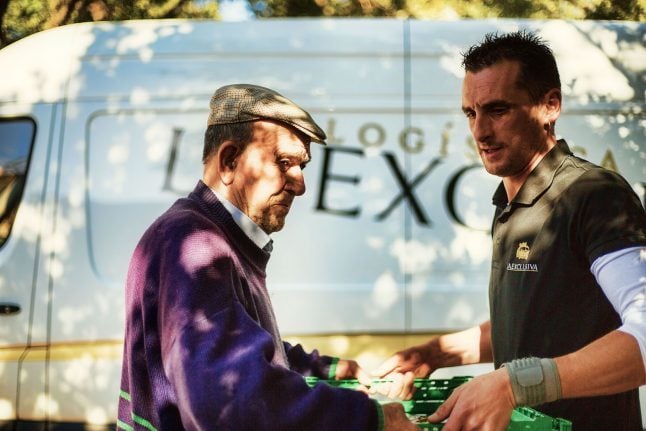On the occasion of the laying the ceremonial first brick of what he claims will be the world’s largest start-up incubator, Niel has been telling reporters why France is so great.
“It’s much easier to start a company in France than Silicon Valley where everybody copies you,” Niel, 47, told Europe 1 radio on Thursday. “In France there is support for starting a company. The grass is not greener on the other side.”
Niel knows what he's talking about. He founded Free, which is France's second largest internet provider and third biggest mobile phone service.
His €230 million incubator at Gare d’Austerlitz is to open in 2016 and will provide a range of services, advice and access to funding for entrepreneurs who have a great tech business idea, but little else.
The 33,000-square-metre space is to be home to 3,000 workers.
Niel agrees France has its problems, but notes that it has strengths that exist nowhere else.
“Of course the French system isn’t perfect, there’s only one company on the CAC 40 (France’s benchmark stock market) that is less than 30 years old when they make up 50 percent of the market in other countries,” Niel said.
But he also noted France’s reputation for high taxes isn’t deserved.
“It’s true, though it must sound bizarre, but I pay less in capital gains tax in France than my successful friends pay in the United States,” he said. “On top of that the best engineers are from here.”
He added: “When I travel, I always see French people working in high tech businesses. We train them well, they are great, they are famous throughout the world.”
And he's not afraid to go where the money is. The first business he founded was at age 19 sold sex-related chat services on France's now defunct internet precursor Minitel.
As France tries to convince the world that it’s open for business, and not dominated by stagnant Socialism and record unemployment, the incubator is getting a lot of support from the country’s ruling class.
Historically unpopular president François Hollande laid the ceremonial first brick on Wednesday the crowd of some 200 people in attendance included many of his government’s ministers.
Along with the appointment of an ex-banker to fix the economy and public relations visits to the UK and Germany, France has launched a charm offensive aimed at giving it a business-friendly image.
Niel says the truth about France has been obscured by nasty propensity to bash it in the press.
“The idea is that France is a fantastic place to start a company. People don’t realize it because we life in a world marred by ‘bashing’,” he told Europe 1. “But in France we have all the services needed to found a company.”




 Please whitelist us to continue reading.
Please whitelist us to continue reading.
Member comments